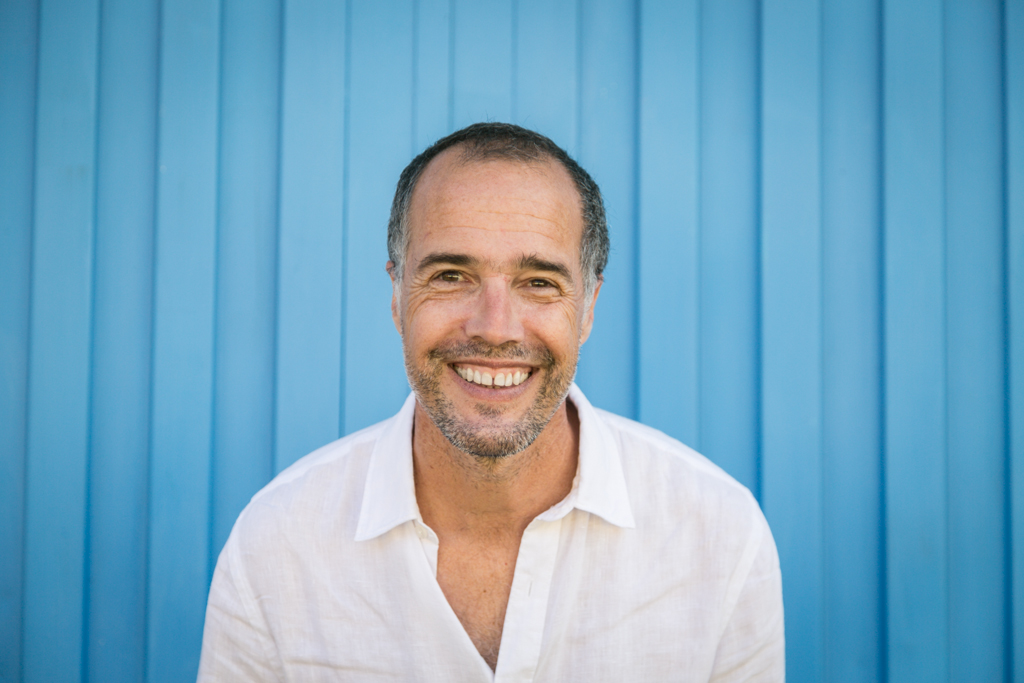
Name: Roberto Abadie
Program: Anthropology
Specialization: Cultural Anthropology
Courses you are teaching this year:
This fall, I’m teaching two courses:
Medical Anthropology is a 400/800-level seminar exploring how class, gender, and ethnic and racial inequalities shape the illness experience and disease outcomes in a variety of cross-cultural settings. My other course, Seminar in Ethnography, is a graduate-level course that draws on ethnographic data to illustrate some of the main frictions and contradictions brought by globalization and to help us imagine other possibilities for the future.
What is your favorite course to teach and why?
I enjoy teaching a broad range of courses, but the course I’ve been teaching the longest and the one that overlaps the most with my research agenda is Medical Anthropology. The main insight of this course is that health and illness are not only biological events; they are also shaped by culture. That’s why health misfortunes are a privileged window into a society’s organization: they illustrate social stratification and power relationships in a way that is usually less visible in other domains. For example, in our market-based economy, where healthcare is a commodity like any other, who gets access to life-saving therapy or to that liver for a transplant? What I like about teaching medical anthropology is that it offers not only a reflection of central aspects of the way a society is organized but also shows other possible ways that care could be provided, opening space to think about alternative futures, ones based not on profit but on a social justice framework.
How and/or why did you choose this field?
My mom struggled for many years with Multiple Sclerosis (MS), a very serious and debilitating disease. I think that the experience of growing up seeing the effects that this disease had not only in her but on the rest of my family sparked my interest in understanding humans’ experience of disease and ultimately led to Medical Anthropology. What attracted me to this field is that while it can have an applied focus, it also has the potential to offer an explanation of how the society we live in affects the live course of a disease and the way people cope with its effects. Through its comparative lens, medical anthropology illustrates what it means to be human, as individuals in different societies seek answers to the questions of what’s causing a health problem and how to treat it—and also to the more existential questions of “why me” and “why now.”
What are you currently researching?
For the past six years, I have conducted fieldwork among people who inject drugs in rural Puerto Rico to understand how poverty and dispossession shape the everyday lives of drug users and, in particular, their injection risk practices. I followed study participants to the shooting galleries and other places where they used drugs to document how the setting and their interaction within a network of other users shaped HIV/HCV risks. I gathered their life stories, documenting the effects of poverty, coloniality, migration, and other structural forces in shaping participants’ drug use trajectories. Currently, I am working on a comparative study of barriers to recruitment and retention in medically assisted treatments for opioid addiction both in rural Puerto Rico and Nebraska.
What are some ways students can be involved in your research?
Conducting research with people who use drugs in the United States can be very challenging because drug use is an illegal practice. For this reason, during data collection I welcome research assistants that have prior experience working with this population. However, if you don’t have this background, there are opportunities to get involved in later phases, for example, data analysis.
Why should students major in your field?
Medical Anthropology is one of the most dynamic areas within Cultural Anthropology, reflecting the growing relevance of medical issues in our societies. Health and illness affect everybody, so they are a window through which the workings of an entire society can be viewed. For example, pandemics like COVID-19 remind us of the importance of studying how risk is communicated and perceived and that not everybody is exposed in the same way. New medical technologies like IVF or organ transplants offer not only exciting new therapeutic possibilities but also raise important ethical questions. Obesity is on the rise, with one in two adult Americans expected to be obese in a couple of decades, increasing the prevalence of diabetes and highlighting its links with food inequality and the industrial production of food. Finally, as societies age, Alzheimer’s and other forms of dementia are also expected to rise, challenging not only healthcare systems but also our own ideas about aging and family obligations. An understanding of how biology and culture interact to produce health outcomes is important not only for anthropology students but also those in premed or public health fields.
What do you enjoy doing outside of work (hobbies, other interests)?
As a self-diagnosed FOMO, I am trying to cut back on political news, but I relapse from time to time. I cook at home almost every day, and I love fishing and try to do it as often as possible. With most of my experience being as a saltwater fisherman, I am now getting my feet wet in the Midwest.